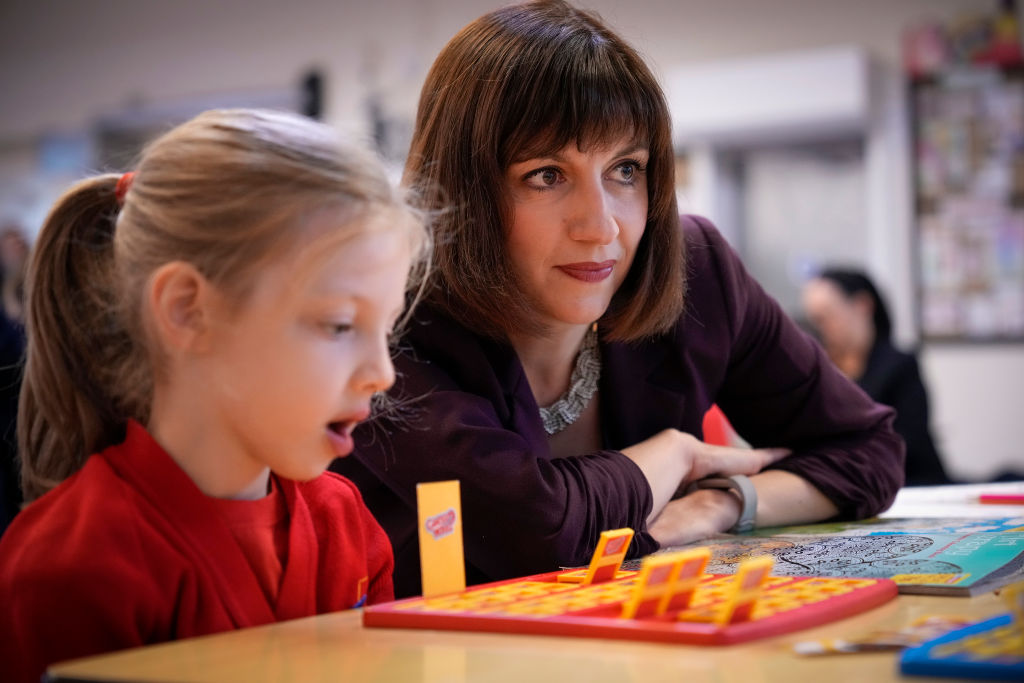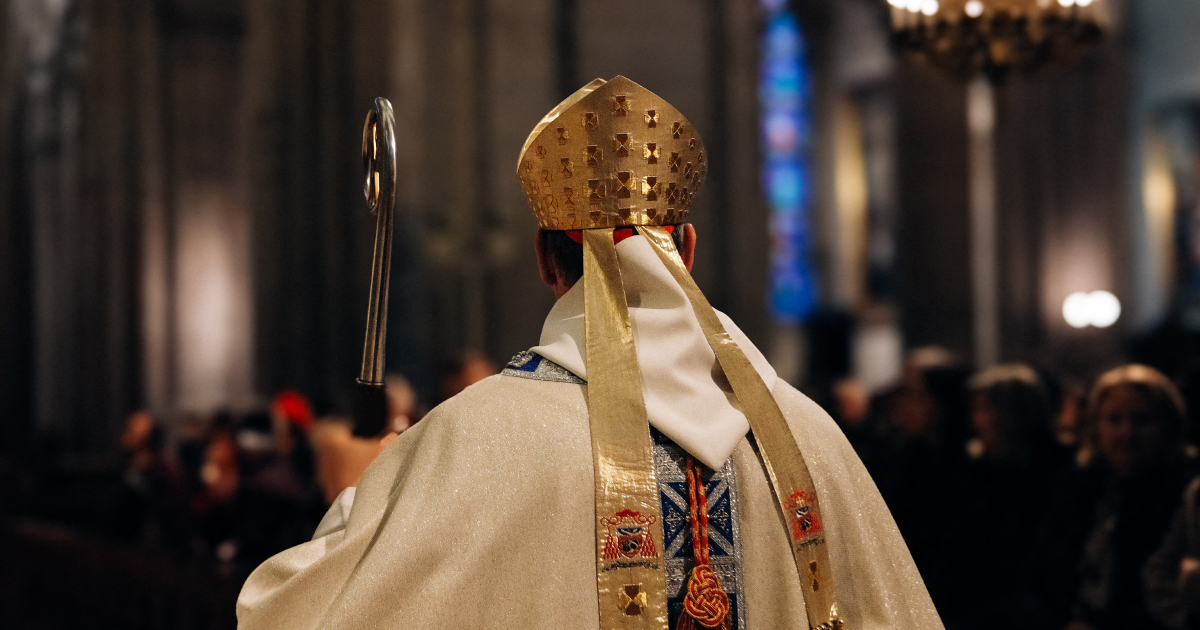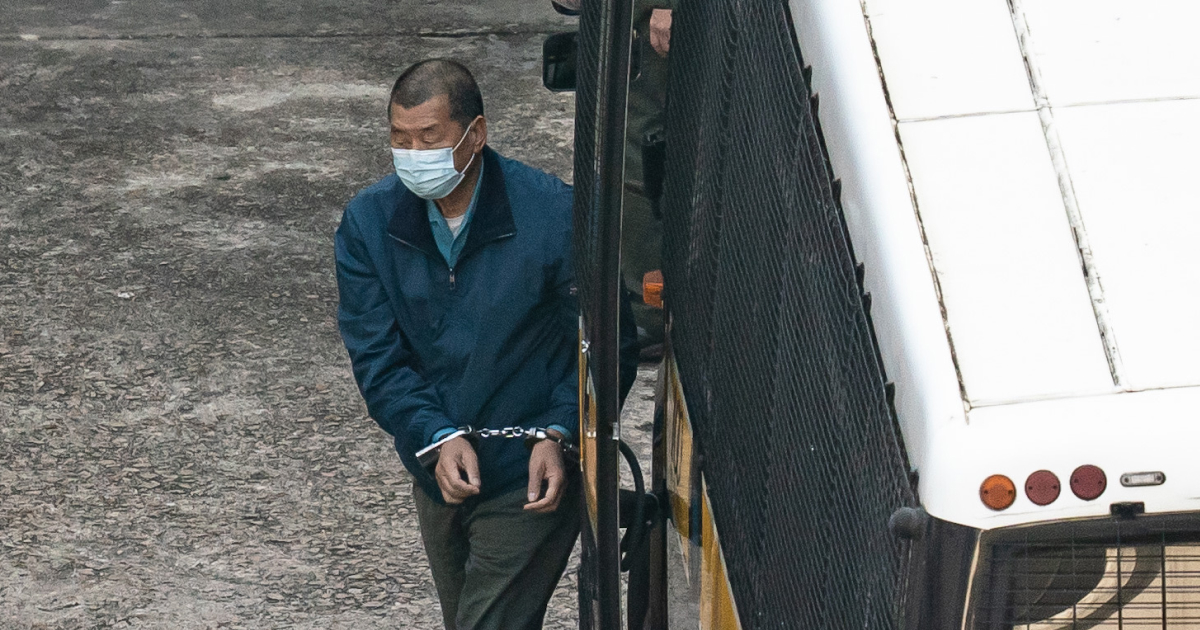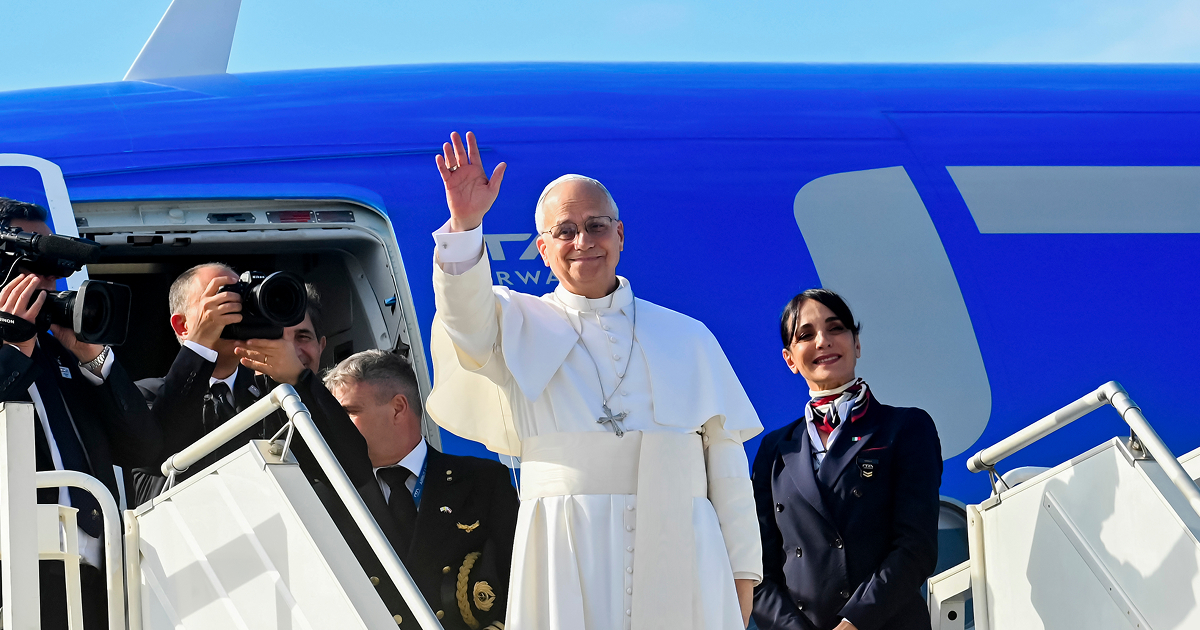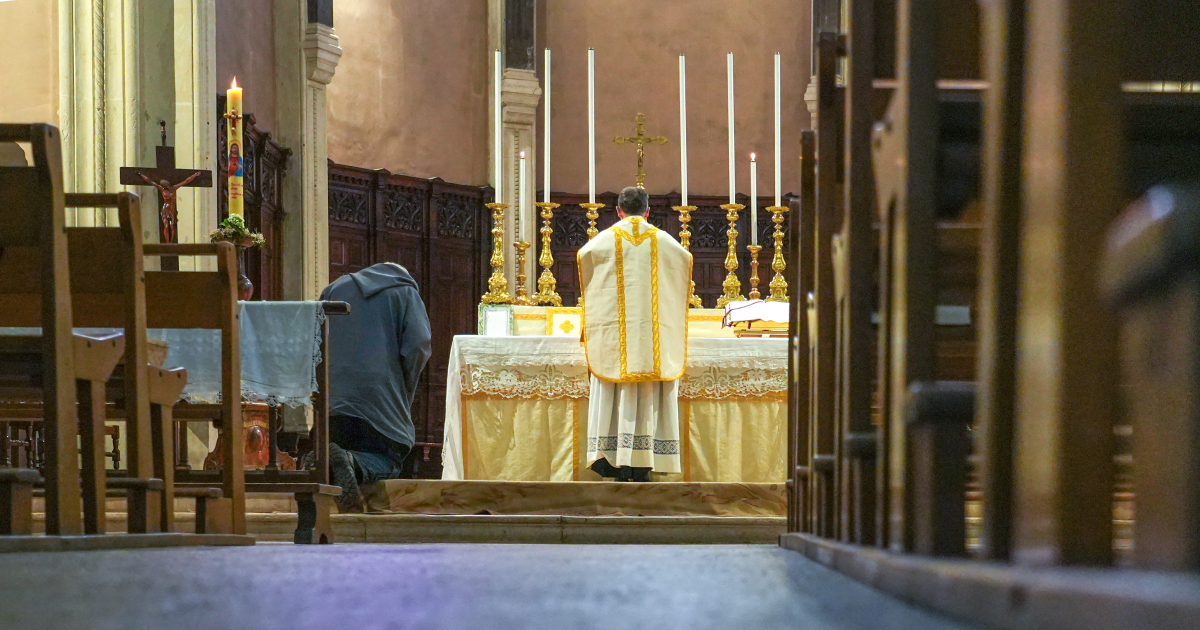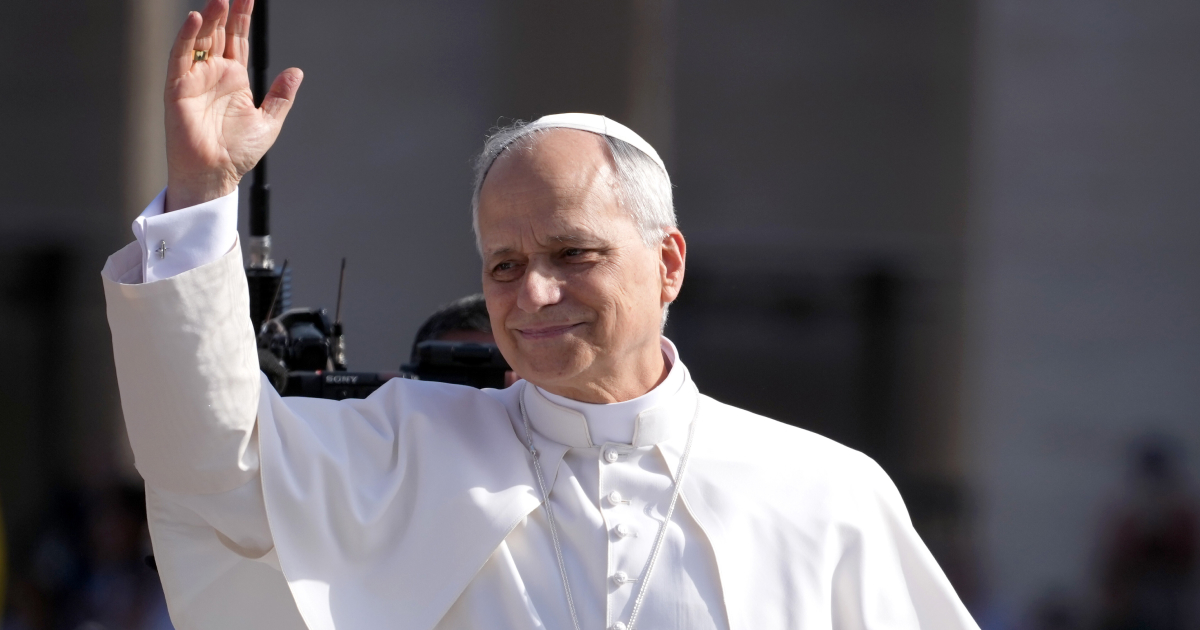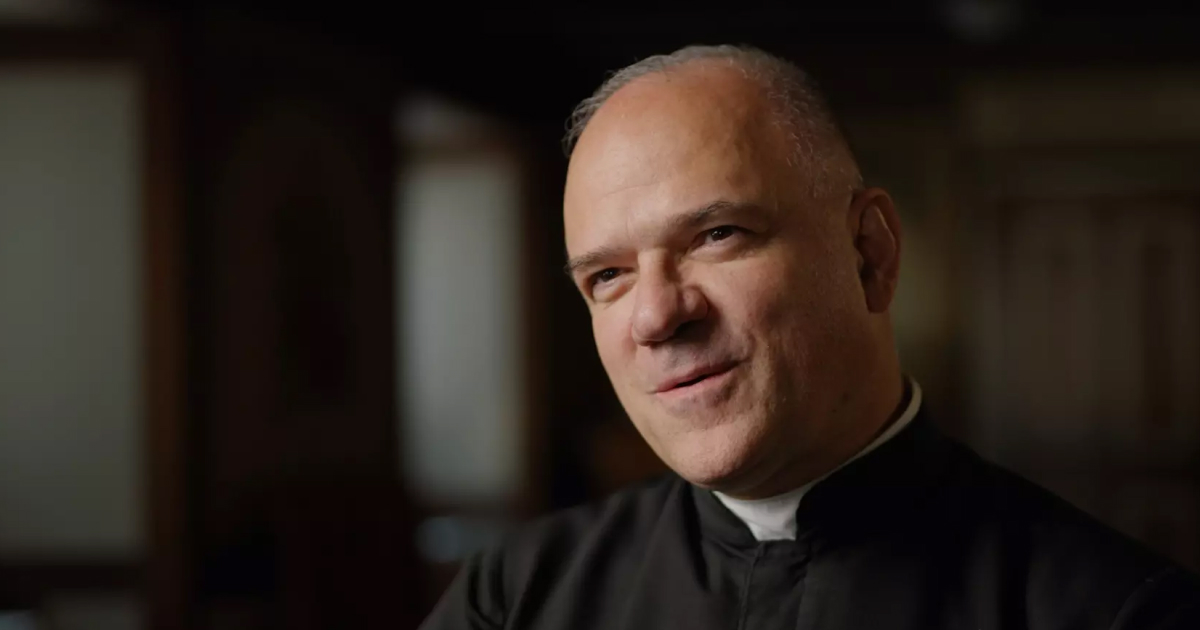Catholic schools were not founded to be neutral. They were not founded to serve public opinion or bend to the dominant cultural winds. They were founded to serve the mission of the Church – to assist parents in the cultivation of virtue, the proclamation of Truth and the formation in the Faith of their children.
Today, however, that mission faces growing challenges, from outside and from within.
Recent political developments in Parliament demonstrate just how radically the cultural landscape in which we toil has shifted. In one week, surely destined to be remembered as the epitome of parliamentary ignominy, politicians voted to decriminalise abortion up to birth and to legalise state-assisted suicide. What was once unimaginable now evidently falls within the bounds of the socially acceptable – decisions of vast moral consequence, greeted too often as mere political disagreement rather than as moral catastrophe.
This is the world our bishops and priests must now navigate. They do it remarkably well – our bishops gave prophetic leadership when too many others stayed silent. And whilst the subsequent actions of one priest in particular has garnered much attention, for all the canonical rights or pastoral wrongs of that decision, it is to be mourned how easily the conversation turned, in some quarters, to the risk of alienating elected representatives and not quickly enough to how inaction risks alienating faithful Catholics.
In that dichotomy, we perhaps glimpse the caution that has for too long been our pragmatic lodestar: don’t bring attention to ourselves, don’t cause a fuss, stay respectable, go along to get along. This speaks to the uneasy truce and temperament of parts of the Catholic community, particularly in these lands, in which exclusion from the social mainstream was an historic legacy we have tried very hard to overcome.
Yet this understandable instinct can have consequences, a domino-effect in which what appears as prudence in one sphere can have unintended consequence in another. And in my role, perhaps one of the most telling – and growing – is the number of Catholic families who are quietly choosing to walk away from our schools.
These are not families who have lost their faith – on the contrary, it is often the depth of faith that motivates them to seek alternatives. Whether through home-schooling, or small co-operative home-education models, or even enrolment in secular state schools, their decision is often driven by a simple perception: that the wider social mores and political trends that they wish to resist are better faced when they do not come with the implied authority of the Church.
This brings me no great comfort. I am a great advocate for our schools. They do incredible work, led by committed Catholics, and are certainly not the “woke” factories of caricature. Quite the opposite – our schools are often seen as bastions of good sense and traditional values in a rapidly changing social landscape. In short, our schools do great work labouring in the vineyard; their preservation is important.
And yet, one could hardly deny there is cultural change afoot, not just in the secular world, but within the Church itself – though, unlike the secular world, not always for the worse, thankfully. A new generation of laity and clergy is emerging, bringing with them fresh perspectives, new expectations and renewed fervour – they look more to the Church as civitas peregrine, as described in the Holy Father’s message for the World Day of Migrants and Refugees – determined to be in the world but not of the world.
This new generation, formed from within the cultural disruption of the last few decades and emerging from it with great moral clarity, demand institutions that are mission-focused and unafraid to witness boldly to the truth.
In short, a changing demographic wants different things; those who have actively chosen the counter-cultural life of faith want their schools to do the same, including on the most hot-button issues in which we are most at odds with State and society – and they do not feel the same unquestioning tribal loyalty to their schools that marked out their parents or grandparents before them.
This esprit de corps, and the willingness to vote with their feet, should it not be reciprocated, was well captured by Bishop Varden discussing Vatican II:
"Today’s young Catholics are not ungrateful for the council’s gifts, but unable to proceed with their grandparents’ mindsets, uninclined to flog dead horses, unenthused by fossilised projects of aggiornamento when the sun has set on the giorno [day] by which they were defined," the bishop said [aggiornamento is an Italian word expressing the sense of "bringing up to date" or "updating", which was made famous by Pope John Paul II and became one of the key words at the Second Vatican Council].
Bishop Varden continued: "What they long for is to awaken the dawn, know the saving power of Christ, the same today, yesterday, and always, yet making all things new, often enough by exploding time-bound dichotomies."
One senses there is a great change opening before us, and it will be our job to navigate it. To do so we will need to unflinchingly question the assumptions that brought us here.
There are many questions which need asking, some of which include: has our mission in education become too focussed on a worldly prudence, and not enough on proclamation? Have our definitions of openness and dialogue led us to neglect the Truth that we have a duty to offer?
And whilst we may point out our political settlement for schools is the envy of the world, have we remained vigilant to the very real risks of that dependency, including how much – and what – we are willing to compromise in the name of its preservation?
It is in this spirit of renewal, of listening to voices unheard, that we are looking to gather educators, clergy, parents and all those invested in the future of Catholic schooling for an upcoming conference asking one a simple question: who – and what – are our schools for? We would love for you to join us in that conversation.
The mission in education is perhaps at a crossroads: with a consensus established for a different population at a different time, and as it tries to figure out its role in a new era of great change. Whatever the answers to those questions may be, we can nonetheless be clear of our purpose, as it was with the Evangelist: "the Word, who is life – this is our subject" (1 John:1:1).
Photo: Labour’s then Shadow Education Secretary Bridget Phillipson talks to children and staff during a visit to Holy Cross Catholic Primary School, Liverpool, England, 27 September 2022. (Photo by Christopher Furlong/Getty Images.)
For those interested in the aforementioned conference, tickets for the 'Communio, Catholic Education and Communities of Hope' event can be bought here.





